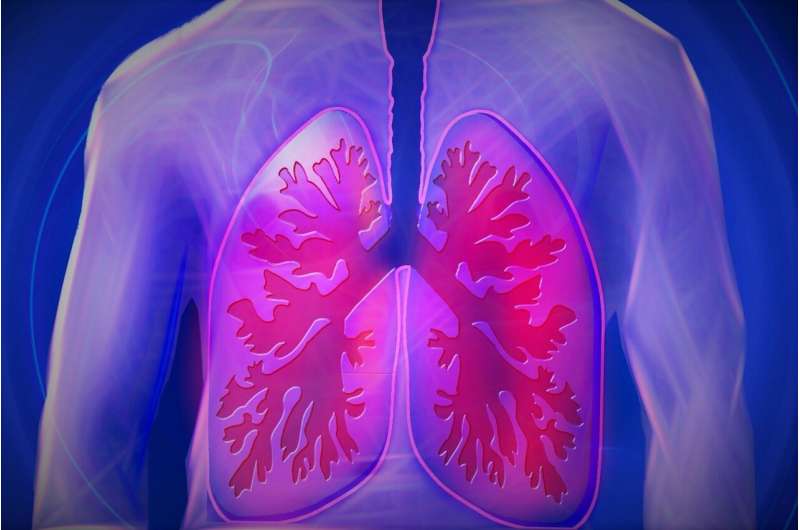Innovative AI Technique Enables Lung Cancer Detection Four Months Earlier in General Practice

Recent advancements in artificial intelligence are opening new horizons in early lung cancer diagnosis, with researchers at Amsterdam UMC developing a novel algorithm capable of identifying at-risk patients up to four months prior to traditional detection methods. This breakthrough has significant implications for primary healthcare, where general practitioners (GPs) could integrate the tool into routine consultations to flag patients with a higher likelihood of developing lung cancer, facilitating earlier intervention and treatment.
The algorithm analyzes comprehensive patient data accumulated over years within general practice settings. It leverages both structured information and unstructured clinical notes—often containing valuable insights about patient history, symptoms, and risk factors—that are typically overlooked by conventional models. By examining these complex data patterns, the AI identifies predictive signals associated with lung cancer better than predefined variables such as smoking history or hemoptysis.
The study, published in the British Journal of General Practice, assessed data from over half a million patients across four Dutch academic GP networks. The researchers validated the algorithm's predictions against the Dutch Cancer Registry, demonstrating that it could forecast lung cancer diagnosis five months before actual detection, four months before referral. This earlier diagnosis window corresponds with a significant improvement in patient outcomes, considering that timely treatment initiation greatly enhances survival rates.
Professor Martijn Schut explains that this AI-driven approach surpasses traditional screening methods by reducing false positives and enabling real-time risk assessment during routine consultations. Professor Ameen Abu Hanna emphasizes that the algorithm utilizes the often-overlooked details in clinical notes, which contain subtle cues about a patient’s health trajectory, thereby facilitating early detection.
Beyond lung cancer, this methodology holds promise for other malignancies frequently diagnosed at advanced stages, such as pancreatic and ovarian cancers, potentially improving survival and reducing treatment costs. According to Henk van Weert, the ability to detect cancer earlier by several months could markedly alter the prognosis and quality of life for many patients.
When compared to nationwide screening programs, the AI algorithm offers a more targeted and efficient approach, with fewer false positives and the capacity to be used seamlessly during standard GP consultations. This method could transform early cancer detection, particularly in countries with integrated healthcare systems, although further validation across different populations remains necessary.
Overall, integrating advanced AI algorithms into primary care might revolutionize cancer screening, allowing for earlier intervention and ultimately saving lives. As research progresses, this innovative approach could become an essential part of personalized medicine in general practice.
Stay Updated with Mia's Feed
Get the latest health & wellness insights delivered straight to your inbox.
Related Articles
Debunking the Myth of the 'Cortisol Cocktail': Can It Really Reduce Stress and Energize You?
Explore the truth behind the trending 'cortisol cocktail' and learn effective strategies for managing stress and maintaining healthy cortisol levels through evidence-based approaches.
Impact of Neighborhood Marginalization on Outcomes After Heart Attack in Young Adults
Living in socioeconomically marginalized neighborhoods is associated with higher mortality and reduced healthcare follow-up in young acute myocardial infarction survivors, emphasizing the impact of social determinants on heart health outcomes.
Innovative Approach to Boost Brain Immunity Against HSV-1 by Targeting Viral Enzymes
Researchers at the University of Tokyo have developed a novel gene therapy targeting viral enzymes to reactivate the brain's natural immune defenses against HSV-1, opening new doors in treating deadly brain infections.



